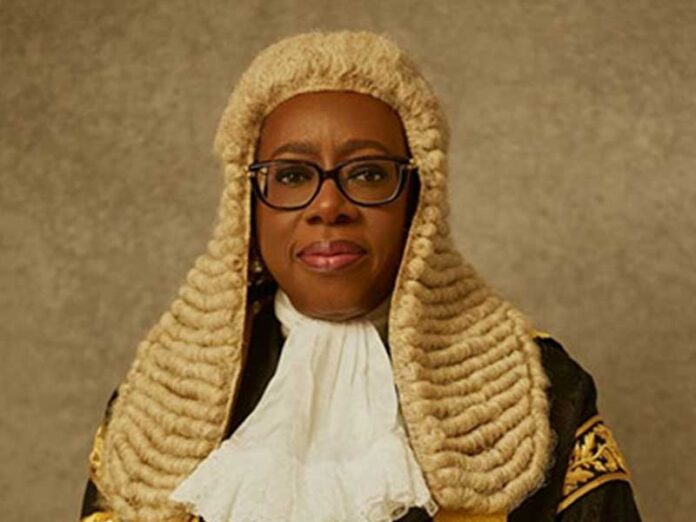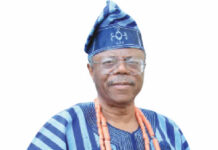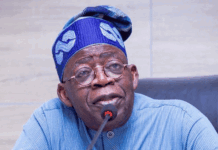•Say judiciary’s institutional credibility lowest
CHIGOZIE AMADI
Nigerians have advised the incoming Chief Justice of Nigeria (CJN), Justice Kudirat Kekere-Ekun, to initiate reforms that would redeem and restore the glory of the country’s judiciary within his first six months in office.
Speakers at a roundtable, which included two professors of law, Mr. Ernest Ojukwu, SAN, and Samuel Erugo, SAN, foremost female human rights activist, Aisha Yesufu, as well as leaders of some Civil Society Organisations (CSOs), stressed that Kekere-Ekun was assuming the helm of affairs “at a time when the judiciary confronts far-reaching challenges to its authority and reputation”.
The roundtable was organised by TAP Initiative for Citizens Development, in collaboration with the Network of University Legal Aid Initiative (NULAI).
In his opening remarks, Executive Director of Tap Initiative for Citizens Development, Mr. Martin Obono, pointed out that the “institutional credibility of the judicial branch in Nigeria has never been lower in public esteem”.
Obono said while Kekere-Ekun was coming at a very critical and challenging period for the judiciary, the situation offered her an opportunity to articulate agenda for judicial reforms in order to restore public trust and confidence in the judiciary.
“As an organisation and individuals, we seek to contribute to the distillation of this agenda,” Obono said.
The group said the agenda must address the following areas: judicial appointments, conflicting judgements and abuse of interim injunctions, discipline and accountability, election petitions and political cases, and reform of the Supreme Court.
Speaking on the issue of judicial appointment, Obono observed that the National Judicial Council (NJC), which oversees the appointment of judges, had of recent come under heavy criticism, especially with the outgoing CJN, Justice Olukayode Ariwoola, accused of nepotism and favouritism.
While alleging that the council disregarded its guidelines over recent appointments, Obono said reports revealed that in one instance NJC appointed “a candidate who scored zero in the NJC interview”.
He urged the new CJN “to commit explicitly to a policy of restoring integrity and merit to judicial appointments”. He said achieving this would entail the introduction of transparent processes of selection, advertisement of judicial vacancies, as well as in nomination of candidates, interview, short listing and selections.
Yesufu called on the CJN to “initiate public consultation to announce within six months of assumption of office, measures designed to address the escalating patterns of judicial corruption as documented by the UNODC -NBS Corruption in Nigeria Report 2024”.
She also called for the introduction of a mechanism for increased financial transparency, accountability and public reporting to restore public trust.
The female activist stated that disciplinary processes should be “both prompt and decisive and dispositions or punishment should be calibrated to be proportionate to the seriousness of the misconduct found”.
A member of the Garki Branch of the Nigerian Bar Association (NBA), Mr. Folarin Aluko, urged the new CJN to urgently tackle the incidence of conflicting judgements and abuse of interim injunctions.
Aluko stated, “There should be clear practice directions on management of territorial jurisdiction overlaps. It is suggested for this purpose that the structure and scope of such overlaps be agreed at the All Nigerian Conference of Judges and the Practice Directions should be uniform across all the court systems in the country.”
Both Ojukwu and Erugo said it was high time election petitions were taken away from the dockets of the courts. They advocated the implementation of recommendations of the Babalakin Commission and Uwais Panel concerning the need for courts to support the will of the people in election and ensure the ascertainment of such will so that it could be protected.

























